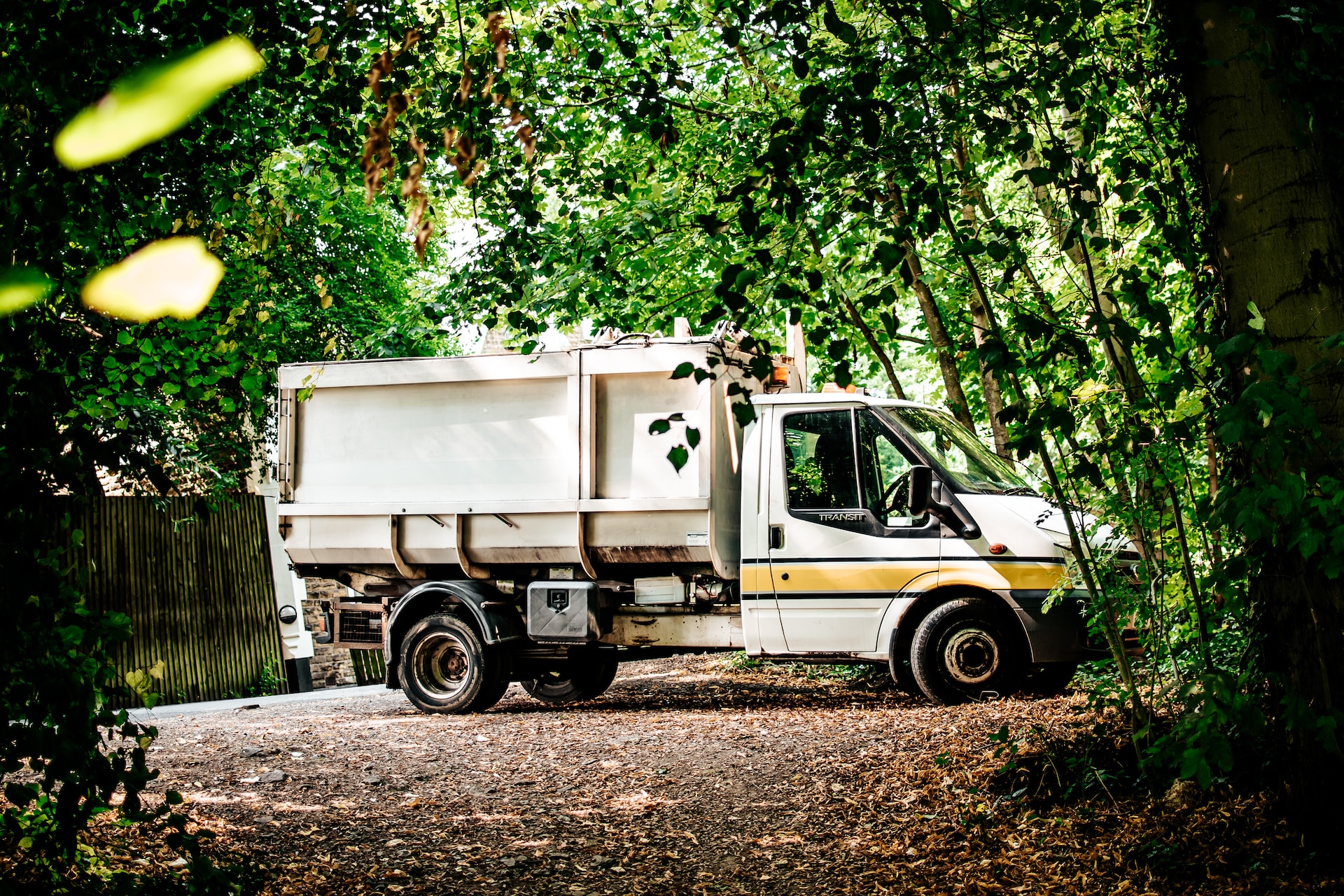Last Updated on: 22nd November 2023, 07:58 am
The self-storage industry is experiencing a promising future ahead. The post-pandemic era has witnessed a significant increase in customers utilizing storage services, driven by an uncertain housing market and the growth of online businesses. As demand continues to rise, the industry is evolving and adapting to meet the changing needs. New technologies and sustainability initiatives will shape the future of self-storage facilities in the coming years.
The Uncertain Housing Market
The volatile housing market in 2023 is a major factor influencing the self-storage industry. Economic instability, soaring mortgage rates, and escalating property prices contribute to an unpredictable landscape in the UK housing sector. This uncertainty will have implications for the storage industry, with debates about whether it will have a positive or negative impact.
An expensive property market may result in reduced movement, while higher mortgage rates could lead homeowners to consider downsizing as a viable option. Rising prices may also prompt buyers to seek properties in less expensive areas. Regardless of the outcomes, the housing market is likely to create an unpredictable environment in 2023 and beyond.
Embracing Sustainability
Sustainability has become a focal point for businesses across various industries, and the storage sector is no exception. Storage facilities are increasingly adopting energy-efficient LED lighting, and some companies are installing solar panels to harness renewable energy. The flat roofs of storage facilities make them well-suited for solar panel installations. Motion sensor lighting is another eco-friendly feature that automatically switches off lights when not needed.
The use of recyclable packaging is now commonplace, and digitization has enabled paper-free facilities. Records are predominantly stored digitally, with electronic signatures becoming the norm. Many storage facilities also offer second-hand boxes and storage containers to minimize waste. Sustainability will undoubtedly continue to guide the operations of the storage industry in the years to come.
The Growth of Online Businesses
The demand for storage facilities in the UK continues to surge, particularly due to the growth of online businesses. The pandemic sparked a boom in online entrepreneurship, with the establishment of 24,000 online businesses in the UK in 2021 alone. Storage facilities play a crucial role in providing affordable storage space for online businesses’ stock, relieving the burden on home storage as many online businesses are run from residential premises.
Automation in Storage Facilities
Automation is a rising trend in the self-storage industry, with an increasing number of facilities implementing staff-free processes. This trend has been further accelerated by the pandemic and shows no signs of slowing down. Storage companies now offer virtual tours and remote monitoring options that allow customers to check on their storage units from anywhere in the world. Online reservations and AI-driven chatbots are also transforming the customer experience in the digital realm.
As the self-storage industry embraces technology and sustainability, it is poised for an intriguing future. Businesses within the sector must adapt to the changing landscape, harnessing innovative solutions and practices to meet customer expectations. With the integration of technology and sustainable initiatives, self-storage facilities are set to play an increasingly vital role in the evolving needs of individuals and businesses alike.







